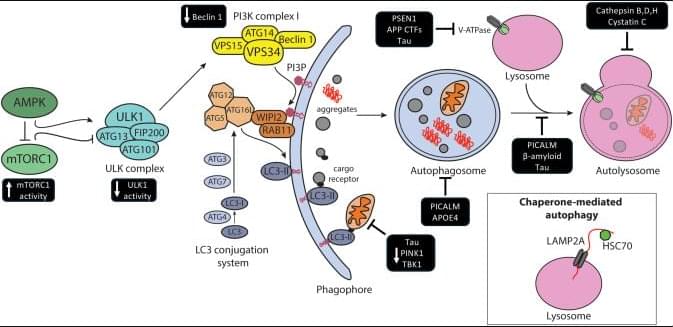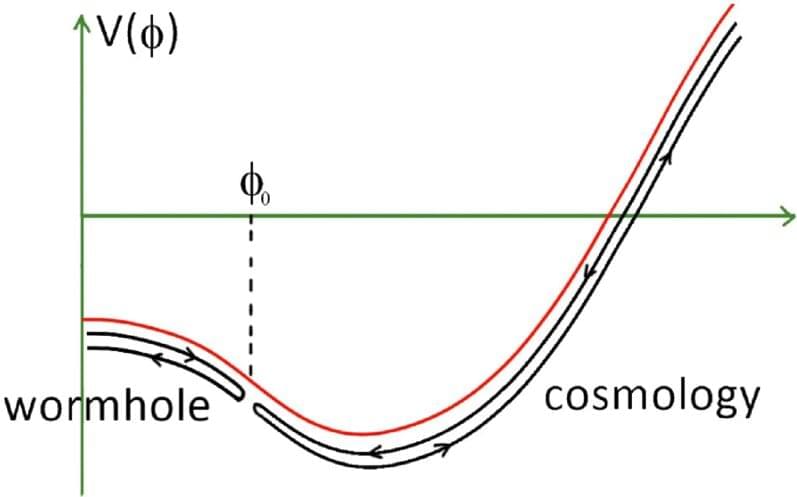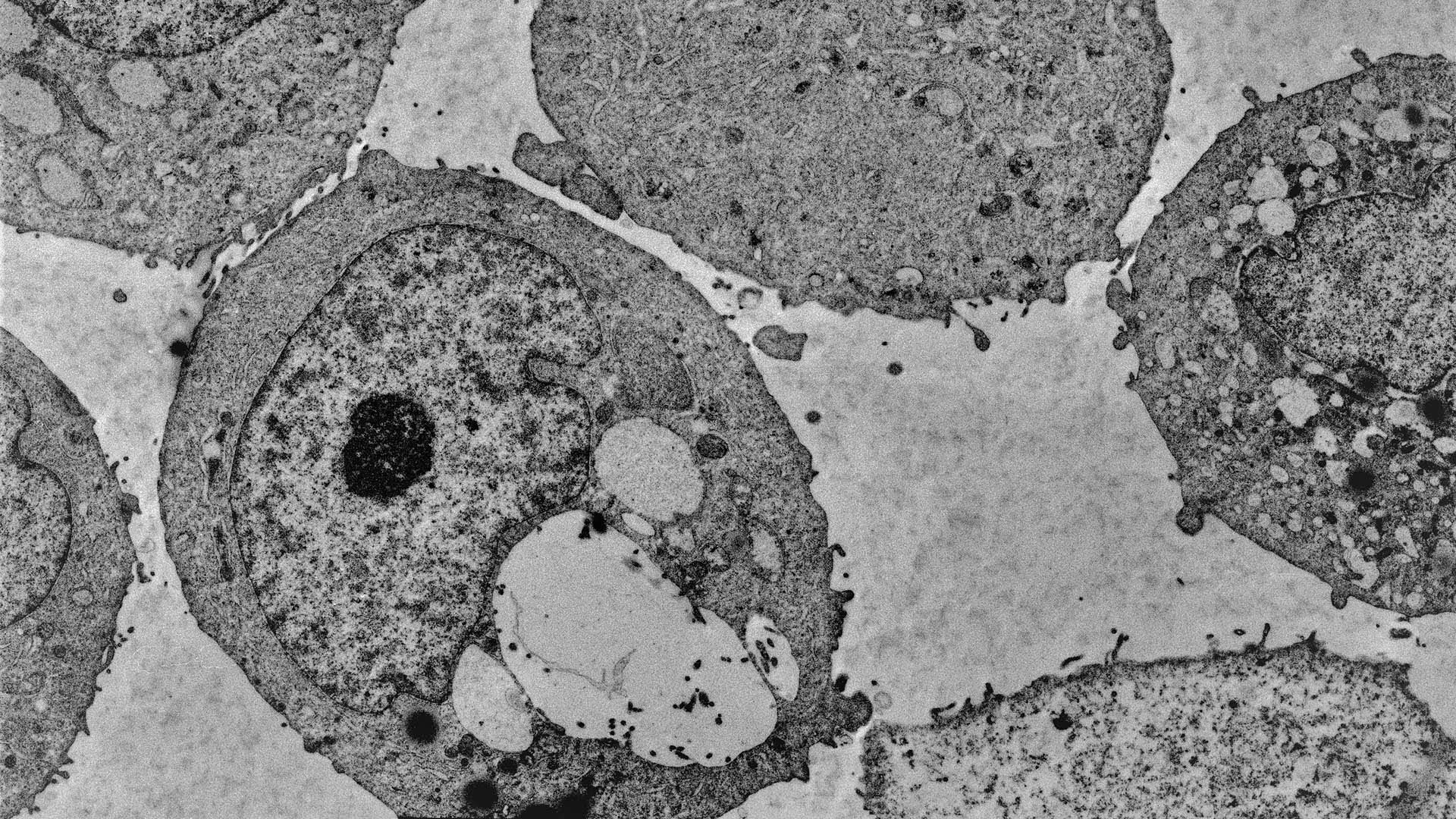Medical breakthroughs could mean that more of us will live to be 100 or even more, according to longevity medicine expert Dr. Edouard Debonneuil co-founder of the London-based Longevity Clinic who says that modern technology, new medicine, additional medical breakthroughs, and healthy living could help more of us reach that mammoth milestone.
“If the current trend continues, we could see individuals living to 140 or 150 in good health. While that might sound sensational, it’s grounded in science and the longevity field is booming because of these breakthroughs,” said Dr. Debonneuil after a first-of-its-kind study, Rejuvenation Olympics, which produced promising anti-aging results.
“One of the guys taking part is in his 60’s but biologically he resembles someone in their later 30’s. Some participants halved their biological age within two to three years and have reduced their ageing rate by 40 percent. This is a significant leap in human history, we now have the tools to age slowly,” continued Debonneuil.







